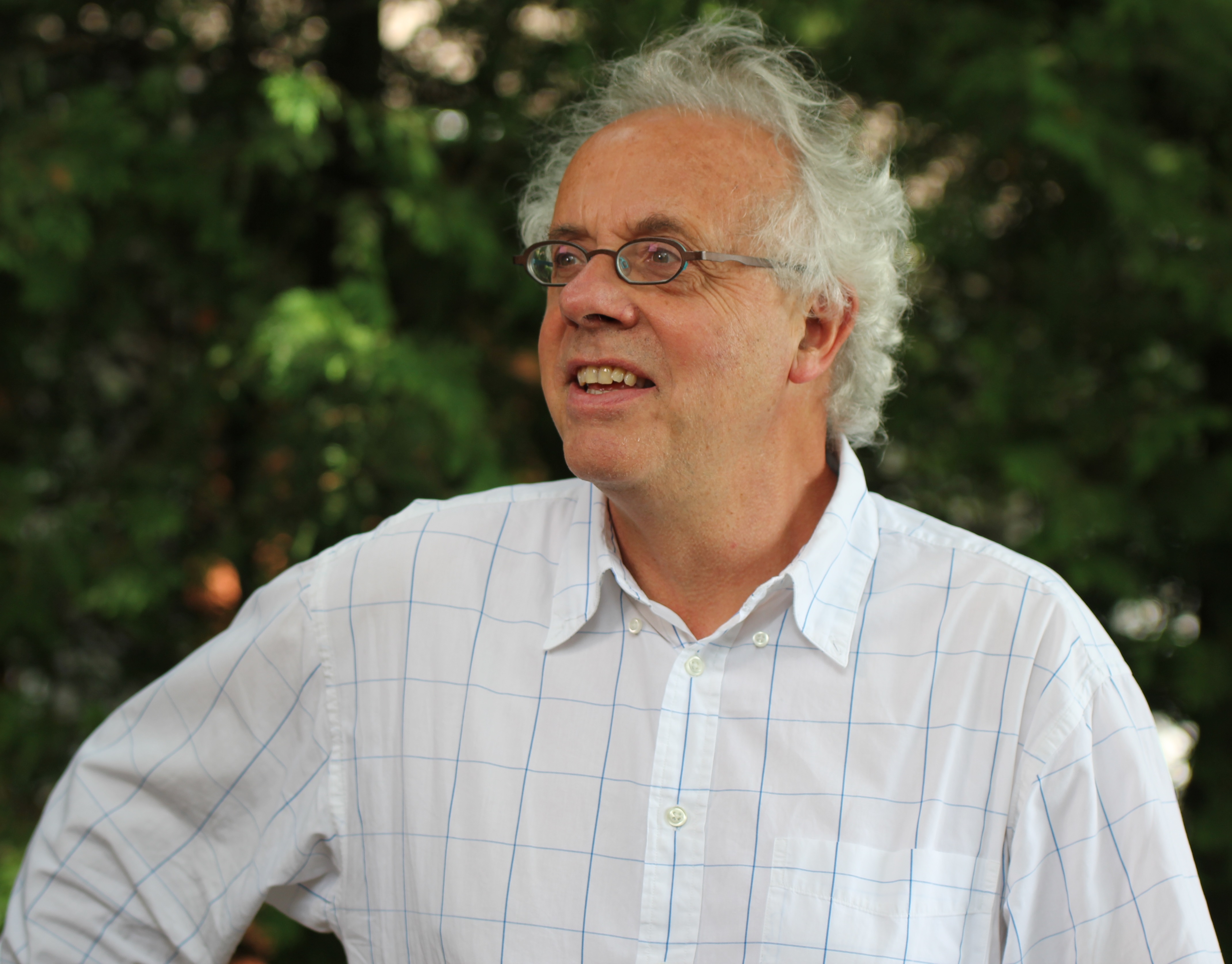Richard Smith calls on readers to help with his list of things we can do to counter the climate emergency
 I have recently become the chair of the UK Health Alliance on Climate Change, and one of things I would like to do is to encourage as many health professionals as possible to make changes in their own lives to counter the climate emergency and improve their own health. To that end I have devised a list of possible actions, and I’d welcome your additions, deletions, and comments.
I have recently become the chair of the UK Health Alliance on Climate Change, and one of things I would like to do is to encourage as many health professionals as possible to make changes in their own lives to counter the climate emergency and improve their own health. To that end I have devised a list of possible actions, and I’d welcome your additions, deletions, and comments.
People can feel powerless about their capacity to do anything about the climate emergency, but there are, of course, many things you can do—and here is a list of easy, less easy, and least easy actions. You will, I hope, be doing many of them already, but I doubt that no health professional, no matter how concerned about the climate emergency, does all these things.
Travel
Easy
Reduce the amount you drive
Reduce the amount you fly
Use public transport whenever possible
Replace driving with walking and cycling
Less easy
Commit to no more than one return flight a year
Drive no more than 2000 miles a year
Least easy
Stop flying
Sell your car
Diet
Easy
Reduce the amount of meat that you eat (recognising that the order of amounts of carbon emissions resulting from meats in descending order is beef, lamb, pork, chicken, fish)
Less easy
Stop eating meat and fish
Least easy
Become (or remain) Vegan
Home
Easy
Switch to a supplier of sustainable energy (easy to do and will probably save you money)
Turn down heating and turn off lights
Avoid using a tumble drier
Wash sheets and clothes less often
Bath and shower less often
If you don’t have a pet don’t get one
Less easy
Consult with a company making houses greener and follow their advice
Arrange for insulation of your roof
Install solar panels
Install thermostats in all rooms and ensure no heating of empty rooms
Use smart power
Least easy
Don’t have more than two children
Replace gas boiler
Aim to achieve net-zero carbon in your house
Shopping
Easy
Do not buy or use disposable plastic bags
Use a single cup for purchased hot drinks
Buy less, particularly clothes
Buy what clothes you do from charity and second-hand shops
Reduce purchases of processed foods
Buy as few electronic goods as possible
Use those goods you have for as long as possible
Do not regularly replace your phone
Less easy
Commit to buying no new clothes for a year
Buy no processed foods
Buy no electronic goods
Least easy
Do not buy anything except food and drink unless it’s unavoidable
With your patients
Easy
Put leaflets about how people can improve their health and reduce their carbon footprint in your waiting room or outpatient clinics
Put up posters with the same information
Help patients who use inhalers to move to greener versions
Less easy
Whenever the opportunity arises talk to patients about how they can improve their health and reduce their carbon footprint
Whenever possible move patients from drug responses to their problem to non-drug responses
Least easy
Offer the chance to ALL patients to discuss with you how they can improve their health and reduce their carbon footprint
Prescribe to patients a way to improve their health and reduce their carbon footprint and monitor their progress
Your organisation
Easy
Campaign within your organisation for it to make changes to reduce its carbon footprint and make it greener.
Less easy
Join the discussion to work out how to make clinical care greener
Least easy
Make your clinical care greener
Advocacy
Easy
Write to your MP and counsellors about climate change and health
Join organisations campaigning on the climate emergency
Do not vote for anybody in any election (in your college, for example) who does not propose action on the climate emergency
Write to newspaper about the problem
Use social media to urge action
Join radio phone-ins on the climate emergency
Less easy
Join protests about the climate emergency
Talk to at least one new person each day about the climate emergency
Least easy
Run in an election (local, professional, national) on an agenda of action on the climate emergency
Join Extinction Rebellion and get arrested
Richard Smith was the editor of The BMJ until 2004.
Competing interest: RS is the unpaid chair of the UK Health Alliance on Climate Change. The BMA and the BMJ are members of the Alliance, and the two employees of the Alliance are based in the BMJ offices.
